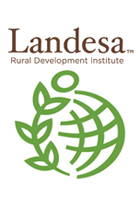The ABC Model
How does one build up an analysis? And how does one create the link between the individual partial-analyses
in a problem-oriented project work? These are the two main issues that this booklet gives an overview of.
This document is a presentation of a way in which an analysis, a sub-project and a project can be structured.



